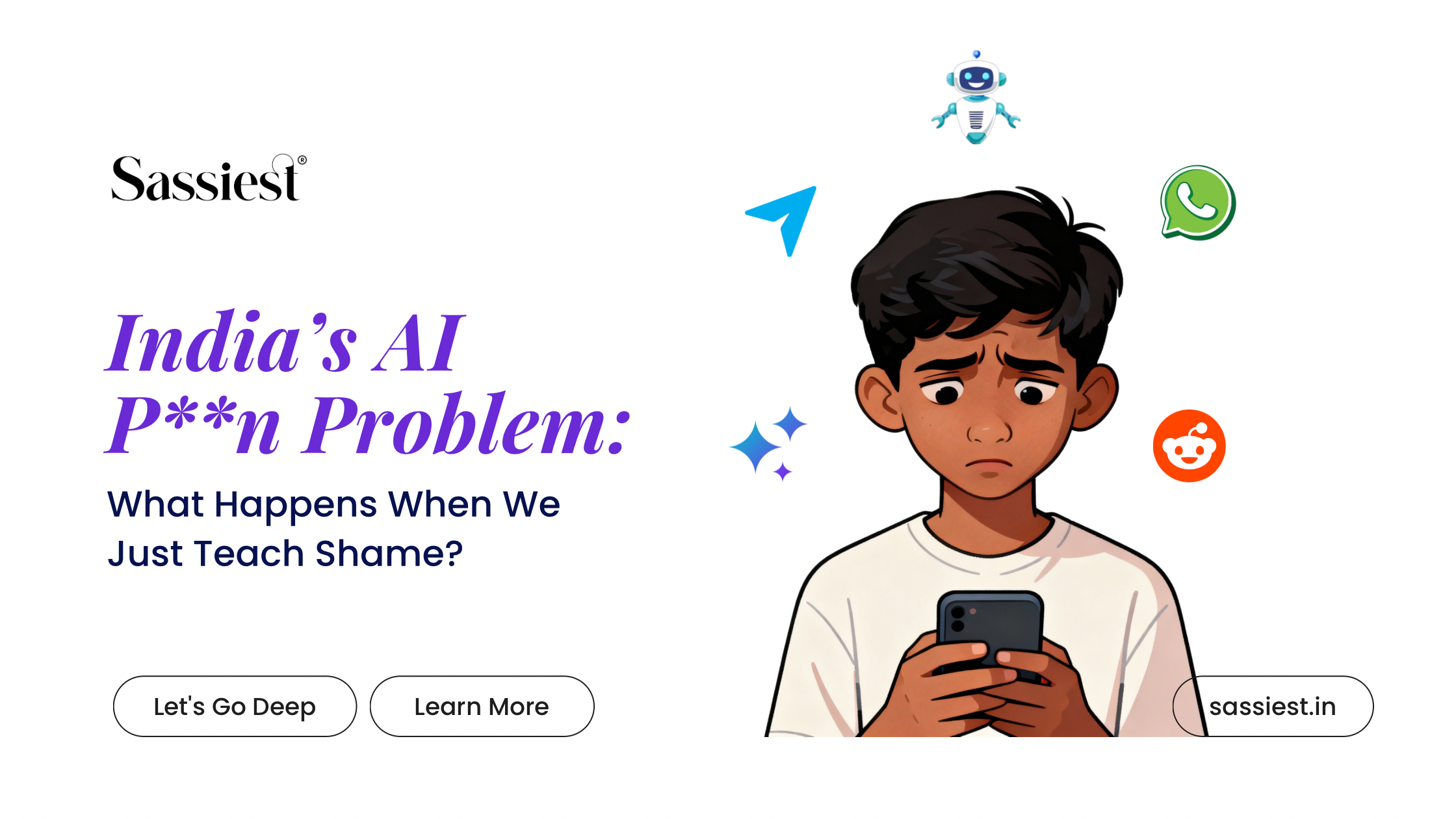India’s Supreme Court is all set to begin hearings on November 12, 2025, for a case that could change how the country defines teenage sexuality. The petition asks for the age of sexual consent to be reduced from 18 to 16, a move that could directly impact nearly 250 million Indian adolescents.
If that made you pause for a second, you’re not alone. Are you confused? Well, let’s get you all the necessary information.

Here’s what’s going on
Right now, under the POCSO Act, any sexual activity involving someone under 18 automatically counts as statutory rape, even if both teens consented. That means a 17-year-old boy in a relationship with his 16-year-old girlfriend can be booked as a criminal.
Senior advocate Indira Jaising argues that this law is unfairly punishing normal teenage relationships. She says that the intent behind POCSO was to protect minors from abuse, not criminalize love.

But, the Centre and several child rights groups aren’t convinced. They believe lowering the age could make it easier for predators to exploit younger teens and hide behind the excuse of “consent.”
So, who’s right here?
It’s not an easy answer. On one hand, there are thousands of cases where teens in consensual relationships have ended up in court, facing social stigma and legal trauma. In some cases, girls have even been forced to testify against their boyfriends because the law doesn’t recognize their consent as valid.
On the other hand, India has one of the weakest systems for sex education in the world. Teens aren’t being taught what healthy consent actually means. So while they’re old enough to explore relationships, they’re not necessarily being equipped to handle them safely.

The extremely messy middle
The issue isn’t just about “yes” or “no.” It’s about maturity, context, and education. Are 16-year-olds capable of making informed choices about sex? Some are. But are they being taught how to? Not really.
And that’s where the real problem lies. You can’t lower the age of consent and still treat sex-ed like it’s taboo. You can’t criminalize curiosity but also refuse to explain what safe, consensual intimacy looks like.

Why does this matter now?
This hearing isn’t just another legal update. It’s a reality check for India. We’re living in a world where teens are growing up online, exposed to content that shapes their ideas of love and sex long before they’re emotionally ready for it. AI p**n, social media fantasies, and relationship pressures are already part of their daily life.
And yet, we expect them to just “figure it out” without any real guidance. So, maybe the bigger question isn’t should India lower the age of consent. Maybe it’s can India handle what that truly means?
Here’s what needs to happen
If the age of consent does drop to 16, India needs to overhaul the way it talks about sexuality, relationships, and safety. That means actual, age-appropriate sex education in schools, open conversations about consent and boundaries, and laws that protect without punishing.
After all, just kicking back and pretending that teens aren’t having sex doesn’t stop them from doing it. It just makes them do it without understanding what’s safe or ethical. It just makes them go to shady and unsafe places, and hide the truth. I mean, does this make sense?
So, what do you think? Is India ready to give 16-year-olds the right to sexual consent? Or are we about to repeat the same cycle of silence, shame, and moral panic, only this time, with bigger consequences?





